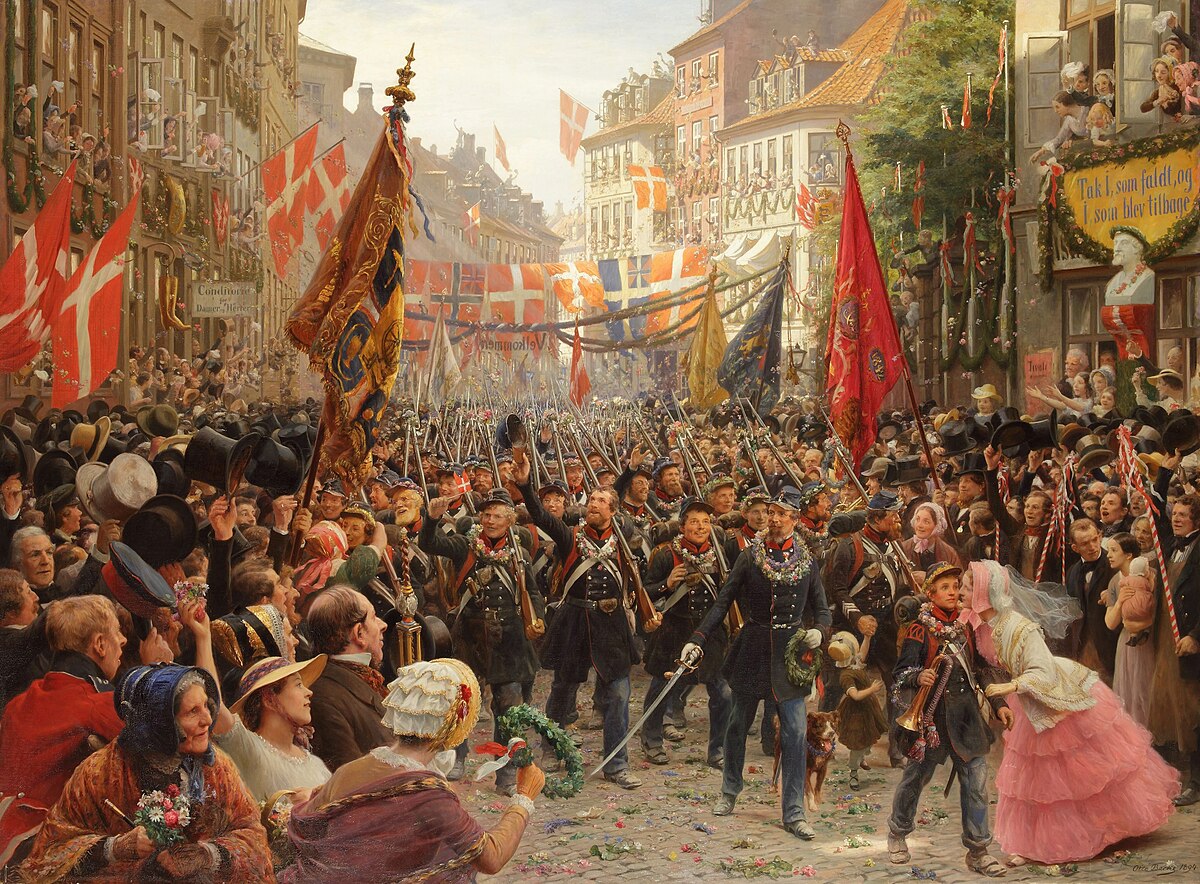Depends, there are a lot of factors at play here.
A big reason CXV didn't join otl is that he felt there would be too much international backlash - in particular he feared Russia might get involved. The question is then, would Russia have done so? And how would France and Britain respond if they did? Because that's a very different scenario than Sweden-Norway simply joining the war.
It's also a question of what Sweden-Norway joining means. In the first war, Swedish and Norwegian troops on Funen and a stark warning that Prussia better not move any further north was enough that most of them never actually had to see combat. If it comes to blows, then yes Prussia in all likelyhood defeats the combined Scandinavian forces, but their presence could also entice Prussia back to the negotiation table, in which we might see a partition of Schleswig.
So as ever, the devil is in the details, but I certainly think it could lead to some kind of Scandinavian union. Bismarck was actually in favor of this otl, he (probably correctly) identified that if Schleswig could be resolved Scandinavia could easily be turned German-friendly and be a useful northern buffer against Russia. It’s a bit like with Alsace-Lorraine where he opposed full annexation, but just like there the more severe demands won out in Schleswig-Holstein. S-H is probably easier to find a compromise to than France.
That worked in Germany because there was a long tradition of an Emperor ruling over highly autonomous states going back to the HRE. In Scandinavia there’s no tradition of powerful vassals, but there’s a long tradition of conglomerate states that are a bunch of personal unions, the Danish helstat and Sweden-Norway being most relevant here. Prussia was also way stronger in comparison to the other German states than Sweden-Norway is in comparison to Denmark. Easiest way for Scandinavian unity is a personal union, which unfortunately for Christian IX means the deposition of the Glücksburgs.







